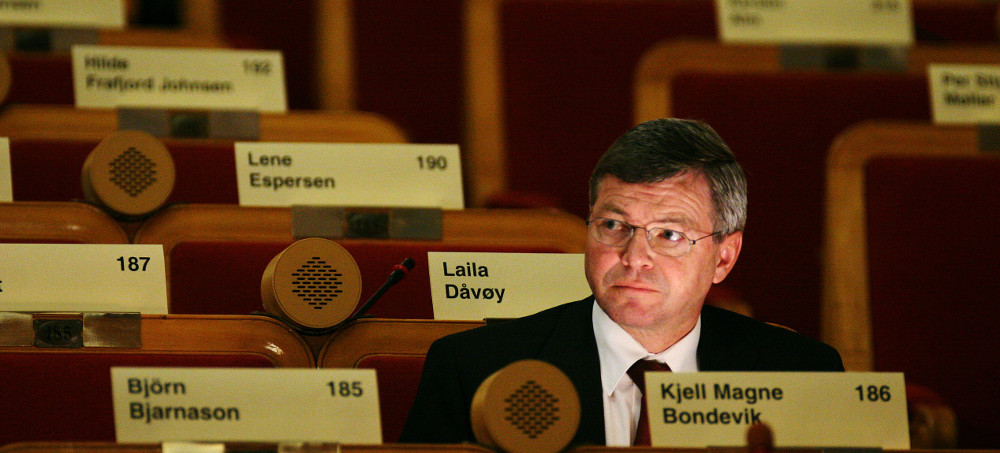Live on the homepage now!
Reader Supported News
Any use of nuclear weapons in Europe—in Ukraine or anywhere else—would have catastrophic and wide-ranging consequences. A single nuclear detonation would likely kill hundreds of thousands of civilians and injure many more. Radioactive fallout could contaminate large areas across multiple countries. Medical and emergency response capacities would be immediately overwhelmed. Widespread panic would trigger mass movements of people and severe economic disruption. Multiple detonations would of course be much worse.
Russia's threats have lowered the threshold for use of nuclear weapons and greatly increased the risk of nuclear conflict and global catastrophe. The speculation about the possibility of Russia using a tactical nuclear weapon in Ukraine, and about possible nuclear responses, is only eroding the taboo against the use of these weapons.
And Russia's actions have turned our understanding of nuclear deterrence on its head. NATO has long viewed nuclear weapons as a crucial means of preserving peace and stability; NATO's recent Strategic Concept stated, "The fundamental purpose of NATO's nuclear capability is to preserve peace, prevent coercion and deter aggression." But we are faced right now with the fact that nuclear weapons are being used as tools of coercion, against which NATO's own nuclear deterrent has proved to be useless. NATO's nuclear weapons do nothing to allow NATO members (or anyone else) to intervene in the Ukraine crisis. French President Emmanuel Macron claimed in February 2020 that France's nuclear weapons ensured its freedom to take action and prevented adversaries from using intimidation and blackmail to achieve their ends. Only two years later, Russia has proved him wrong.
The Ukraine crisis has shown us that nuclear deterrence is a ridiculously cumbersome tool for dealing with contemporary security challenges. Confronted with the invasion of a European country by a nuclear-armed aggressor, NATO's strategic choices essentially boil down to watching in impotent horror, or ending the world. More, newer, smaller or differently-deployed nuclear weapons would do nothing to change this.
Regardless of what NATO does, Europe can never be secure while Russia has nuclear weapons. European security therefore depends on Russian nuclear disarmament; there is no alternative. Any resolution of the current security crisis will only endure if it involves the total elimination of Russia's nuclear weapons. Lifting of sanctions could be linked to Russia's engagement in a negotiated and verified program for the reduction and ultimate removal of its nuclear arsenal.
Any realistic approach to eliminating Russia's nuclear weapons implies a negotiated elimination of all nuclear weapons, worldwide. This is entirely appropriate; Russia's nuclear coercion could be replicated at any time by any nuclear-armed state—by China in the South China Sea, for example, or by North Korea. While any state has nuclear weapons, no state is safe.
NATO, Europe, and the entire international community must therefore urgently renew and reinvigorate serious multilateral efforts to eliminate nuclear weapons completely—in Russia and worldwide. This means action, not more platitudes and window-dressing. It means implementing long-neglected commitments made under the Nuclear Non-Proliferation Treaty (NPT). It means urgent steps to raise the threshold and reduce the risk of nuclear weapons use.
Most immediately, it means dropping opposition to the U.N. Treaty on the Prohibition of Nuclear Weapons (TPNW), and actively supporting that treaty's mission. At their first meeting, held in Vienna last month, the parties to that treaty condemned unequivocally "any and all nuclear threats, whether they be explicit or implicit and irrespective of the circumstances." They adopted a plan of 50 specific actions to pursue the treaty's goals of stigmatizing and de-legitimizing nuclear weapons, reducing the risks of nuclear war, and ultimately eliminating the weapons. This is by far the strongest and most practical response by any multilateral body to Russia's nuclear threats. In contrast, the NPT has—so far—done precisely nothing.
NATO members can and should be part of the TPNW program. By supporting and—where possible—joining the TPNW, Europe can more effectively confront Russia's nuclear threats, and begin a renewed effort to reduce and eliminate nuclear weapons in Russia—and in the eight other nuclear-armed countries.
Russia's actions have shown that nuclear disarmament is not some idealistic goal to be pursued in a distant time of peace and plenty, but a pressing and immediate security imperative. Europe's future depends on it.
Special Coverage: Ukraine, A Historic Resistance
READ MORE
Follow us on facebook and twitter!
PO Box 2043 / Citrus Heights, CA 95611



No comments:
Post a Comment
Note: Only a member of this blog may post a comment.